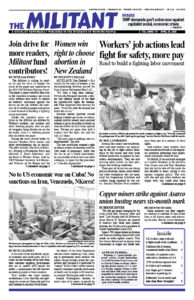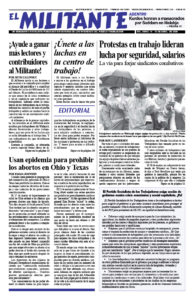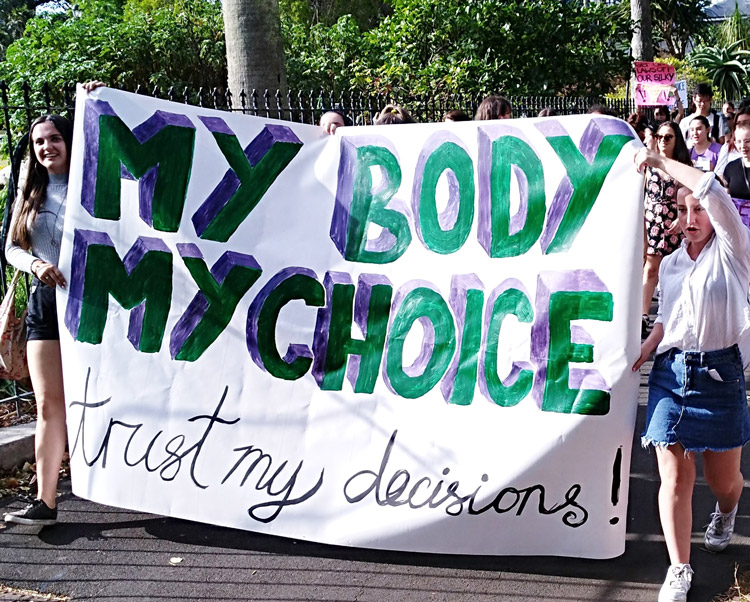AUCKLAND, New Zealand — In a victory for the rights of women, a law decriminalizing abortion passed the New Zealand Parliament March 18.
“It’s been a long time coming,” 84-year-old Margaret Sparrow, a doctor and lifelong leader of the fight for reproductive rights for women, told Time magazine after hearing the news. “It will be safer for women and better for access.”
Decades earlier Sparrow started helping students get access to contraception and for several years assisted women to go to Australia to obtain an abortion before the first clinic opened here. Having put more than half a century into this fight, she said she still isn’t done.
“The next stage is making sure it is implemented,” she said.
The law establishes women’s right to choose to have an abortion until the 20th week of pregnancy. After that she has to get a health practitioner, in consultation with at least one other colleague, to agree that the procedure is “clinically appropriate.”
“It’s been such a long fight to get here,” Ella Shepherd, chair of the Auckland University Campus Feminist Collective, told the Militant. “This is an issue that has mobilized and united generations.”
The 1977 law that the new bill amends said that abortion was a criminal offense. Protests and shifting attitudes across society in decades since forced a loosening in its application, allowing abortions on the grounds of a threat to a woman’s mental or physical health — if they could get the approval of two certifying medical consultants.
“It’s important that women can now get an abortion without lying about it or having to cross their fingers the doctor will play along,” student Barbora Sharrock said. She participated in a nationwide day of action Feb. 18 that drew hundreds demanding legalization and pressing the Labour-led government to fulfill a campaign pledge to change the law.
“Young people have been waking up to how outrageous the situation is, and really stepped up” in recent years, said Alison McCulloch, a longtime member of the Women’s National Abortion Action Campaign and author of Fighting to Choose — The Abortion Rights Struggle in New Zealand. “My book is now out of date, I’m very happy about that.”
The fight continues
“But if enough facilities and health practitioners aren’t available,” she said, “there will just be more restrictions.” Up until now many public hospitals, especially outside the big cities, have refused to provide abortions.
Opponents of women’s rights protested inside and outside Parliament against the new law. Agnes Loheni, a National Party legislator, claimed in a report to Parliament that the law would lead to more abortions just for sex selection, and that it “removes the human rights of the unborn child completely.”
Young women have taken the lead in organizing actions in support of their right to choose to have an abortion. Over the past few years there have been actions in Ireland, Argentina, South Korea and elsewhere, with some mobilizations bringing hundreds of thousands into the streets. In Ireland a sustained campaign won a national referendum that pushed the government to legalize abortion for the first time in 2019.
But capitalist politicians opposing abortion rights are using every opening they find to attack and restrict women’s access to the procedure. Their latest moves include state governments in Ohio, Mississippi and Texas that are using the coronavirus outbreak to justify banning abortions. Officials claim they aren’t “medically essential” and that the personal protective equipment is needed for treating patients with COVID-19.
Women’s right to unrestricted access to family planning services, including the right to safe, secure abortions, is a necessity for women. It is also a life-and-death question for advancing the unity of the working class.


